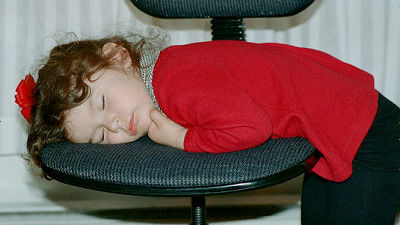Why do humans have trouble making decisions? How can we make decisions that make sense?

In order to get the ideal future, people are forced to make various decisions such as ``find a job in a new land'', ``marry a partner'', and ``start a side business'', but (PDF file)
Scientists know why we are so indecisive — and how to get over it
https://www.inverse.com/mind-body/decision-making
In the first place, when humans decide something, they narrowly limit the range of options, lose sight of the most important goal, and easily misjudge the probability. ``In general, humans are pretty bad at perceiving and using probabilistic information,'' said Catherine Fox-Glusman , a psychologist at Columbia University who studies decision-making. but not for understanding uncertainty.People are notoriously misunderstanding, distorting, ignoring, and misusing probabilities.'

Humans make thousands of decisions in a single day, but many of our most critical choices are made in the context of social interactions. This includes things like 'whether or not you break up with your lover' or 'whether or not you tell your boss what you think'.
Successful social decision-making generally
All decision makers are different, so universal advice is difficult, Fox-Glusman said. It may be beneficial,' he said.
For example, if the goal is something practical, such as money, it is helpful to list the reasons for or against the decision from an objective point of view. On the other hand, when making decisions related to social goals, such as wanting to be recognized by others, it is easier to make appropriate decisions if we give priority to whether or not the original purpose is met rather than realistic obstacles such as cost. says Fox-Glusman.

However, in reality, multiple goals are often included in one decision, and ``decisions considered rationally'' and ``decisions according to emotions'' may be inconsistent. “When different modes of decision-making lead to different answers, it can be unpleasant, and it can make decisions reluctant or hesitant,” says Fox-Glusman. But where does this contradiction come from? If we can figure it out, we may be able to decide which mode to follow, or which of two conflicting goals is more important.It will be a trade-off, but at least there will be transparency in the decision.' did.
Inverse points out that after all, any decision has the potential to be the best one in the end. In addition, there is a research result that ``people are more likely to drag on regrets of not acting than regrets of acting'', and it is said that once you make a decision, it will be easier to make a decision when you encounter the same situation in the future. I argued that it is better to make a decision than to be unable to make a decision.
Related Posts:
in Note, Posted by log1h_ik







